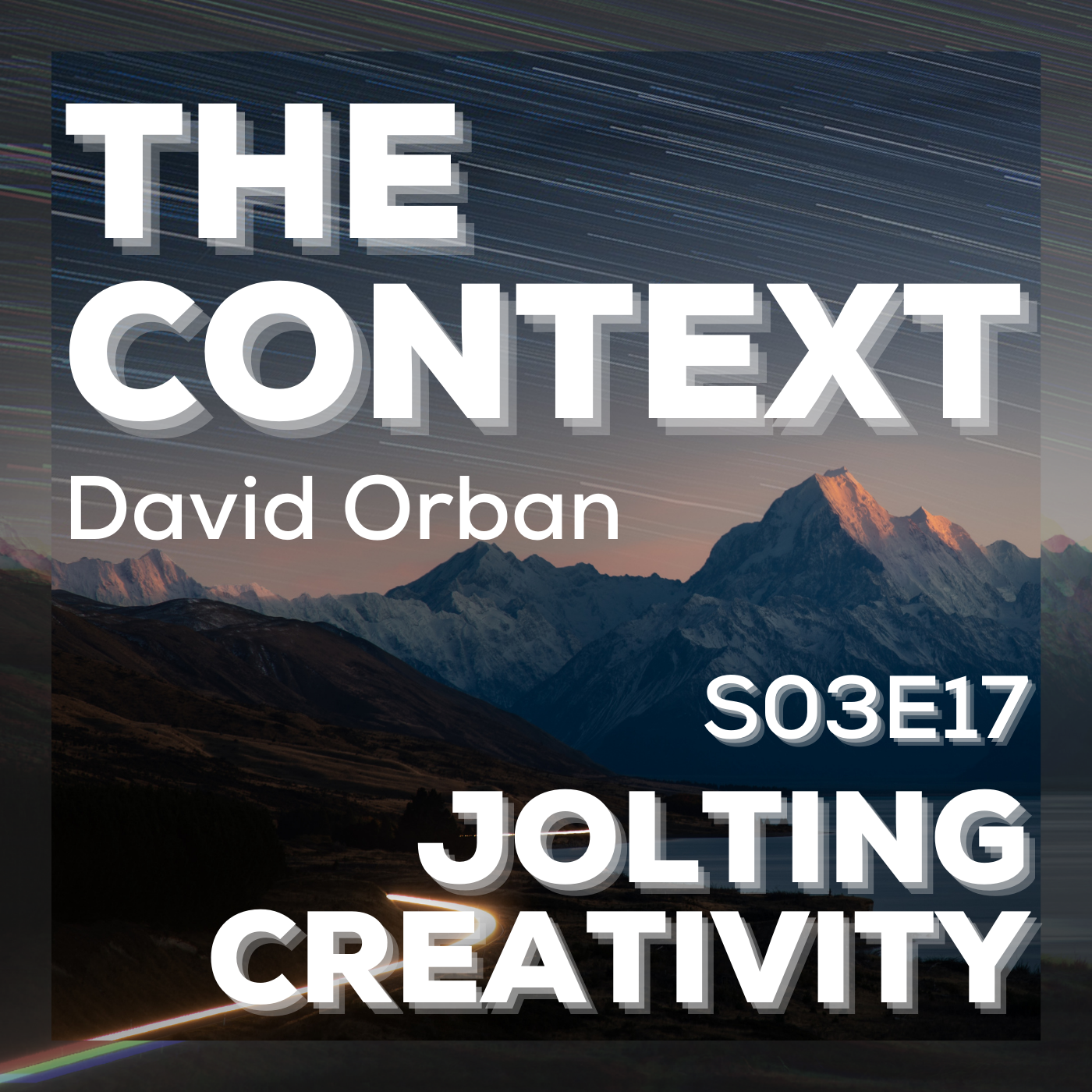Recently, I attended a nine-day Vipassana silent retreat, and I’d like to share my experience with you. Firstly, my perspective is limited. I’ll describe the organization and activities of the retreat I attended, but I can’t compare it to others. My insights stem from a 2,500-year-old tradition, so while they are genuine and fresh, it’s advisable not to rely solely on my experience. That said, if you can set aside nine or ten days from the modern way of life to immerse yourself in such an experience, I highly recommend it.
Vipassana is a meditation technique founded by Gautama Buddha Siddhartha around 2,500 years ago. It was embraced by what later evolved into the Buddhist tradition, and it was passed down orally for many years. The practice remained mainly in regions like Tibet, India, and present-day Bangladesh — where Buddhism was prevalent. About a century ago, it began to gain broader attention, particularly when Tibetan monks, fleeing China’s invasion and accompanying the Dalai Lama, began sharing their practices. By the mid-20th century, teachings were being translated from Sanskrit, the original language of the practice, into English and subsequently other languages. I’ll refrain from using too many Sanskrit terms.
Commitment is crucial. Throughout the silent retreat, participants don’t speak, read, write, use devices or even make eye contact. The aim is mental purification and enhancing concentration by eliminating distractions. Our group consisted of about 70 individuals, predominantly women, with about a dozen men. While we weren’t segregated, women and men were spatially separated during meals and meditation sessions. We were housed in a monastery in Northern Italy, sans monks, and enveloped in silence.

As we develop smart infrastructures for our societies, it will be necessary and natural to make them programmable. The programmability of agile and upgradeable...

Innovation is necessary for the progress of our civilization and invention is necessary in order to be able to generate new kinds of innovation....

With the launch of the suborbital flights of Virgin Galactic and Blue Origin there have been a lot of online and offline conversations around...